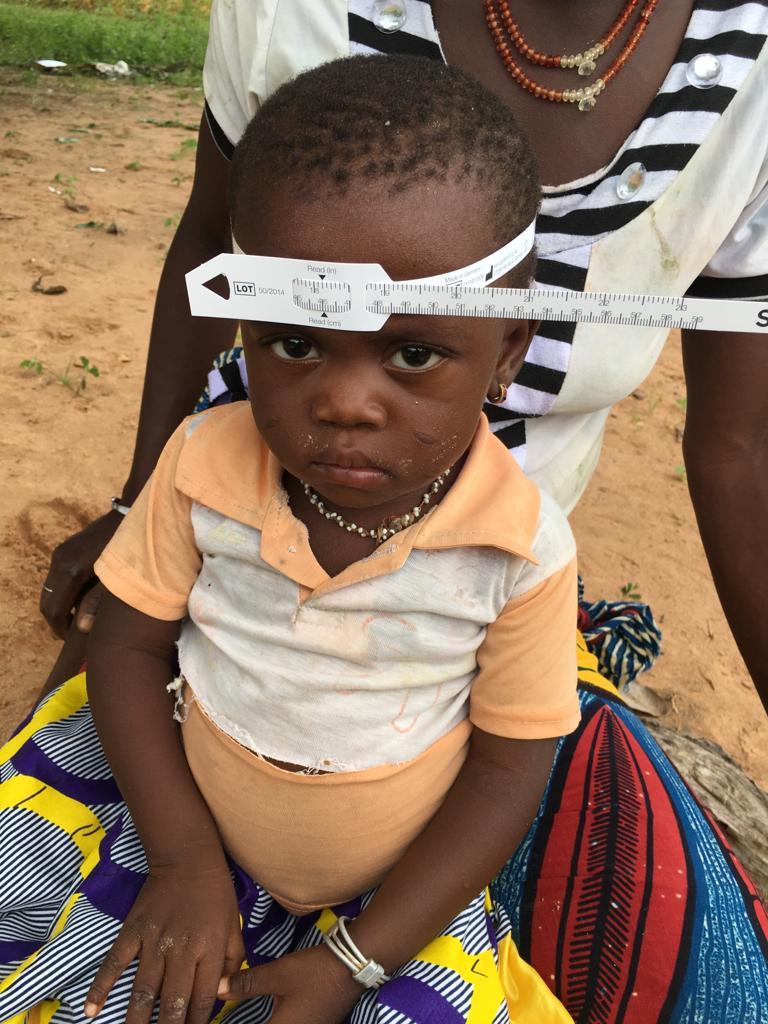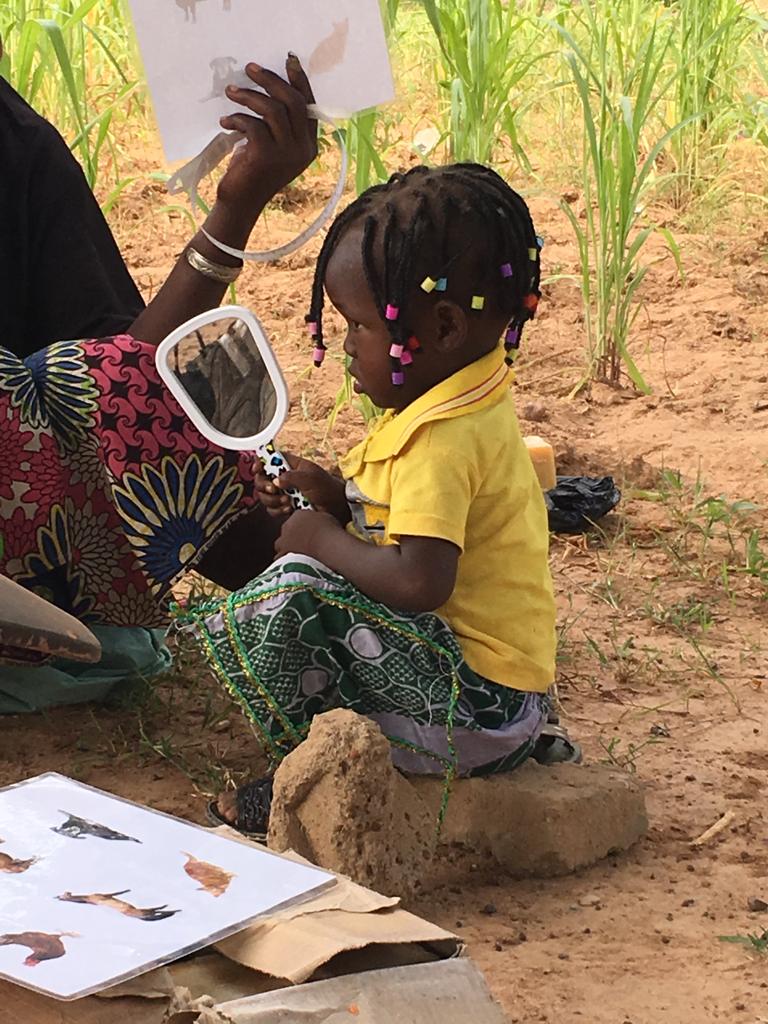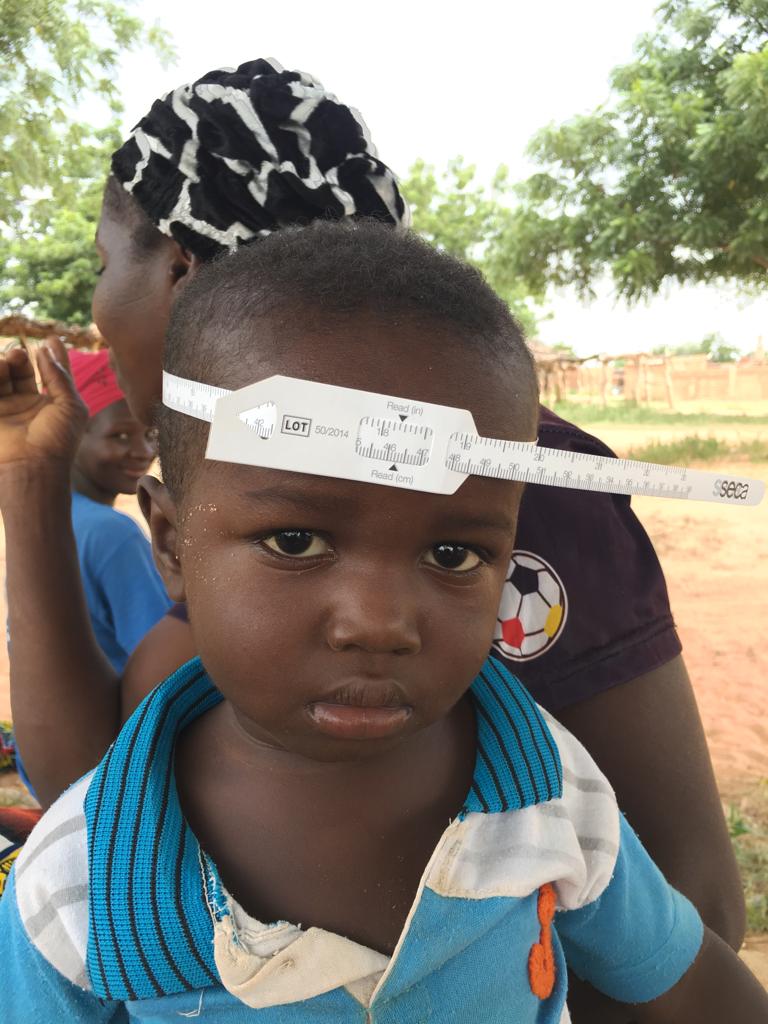Project in Burkina Faso
Enhancing Egg Consumption Through Women’s Empowerment in Burkina Faso
Timeline: March 2019 - June 2020
Funding: USAID
Affiliated project: "Un Oeuf" project
Principal investigator (PI) and lead institution
Sarah McKune, University of Florida
Co-PI and collaborator institutions
- Aissata Wereme, Institute de l’Environnement et de Recherche Agricole INERA-Burkina Faso
- Heather Anderson, University of Florida
Results
Moore, E.V., Singh, N., Serra. R., and McKune, S.L. 2022. Household decision-making, women’s empowerment, and increasing egg consumption in children under five in rural Burkina Faso: Observations from a cluster randomized controlled trial. Front. Sustain. Food Syst. 6:1034618. https://doi.org/10.3389/fsufs.2022.1034618
Moore, E.V., Wood, E., Stark, H., Wereme N’Diaye, A., and McKune, S.L. 2023. Sustainability and scalability of egg consumption in Burkina Faso for infant and young child feeding. Front. Nutr. 9:1096256. https://doi.org/10.3389/fnut.2022.1096256
Project Plan
How much benefit do young children receive when their mothers are empowered as smallholder farmers? This project aimed to understand the relationships between women’s empowerment, behavior change tools, and consumption of animal-source foods. It built upon the project "Un Oeuf" (One Egg), which was also funded by the Feed the Future Innovation Lab for Livestock Systems.
Methods
This project used the Abbreviated Women’s Empowerment in Agriculture Index (A-WEAI) to collect quantitative data on five domains of empowerment. It also used the innovative tool of Community Concept Drawing to capture sensitive information that may not be shared using traditional research methods. Households are being surveyed, focus groups are being conducted in 9 villages, and childhood growth is being measured. For child cognitive development, data collected include head circumference and the Ages and Stages questionnaire. Our team of researchers included 4 master’s students in Burkina Faso, and 4 students at the University of Florida.
The primary outcome of the project would be the identification of empowerment domains associated with behavior change to improve human nutrition. The secondary outcome will be a gendered assessment of the concept of livestock gifting to improve animal-source food consumption in West Africa.
Objectives
The project’s 5 specific objectives were to:
- examine the relationship between women’s empowerment and the adoption of behavior change to increase animal-source food consumption among infants and young children.
- understand the role of women’s empowerment in the effectiveness of behavior change tools
- understand the role of the Un Oeuf project on women’s empowerment
- examine the potential of chicken ownership plus training to improve egg consumption, and
- evaluate how these concepts might apply to neighboring countries.
More Information
 October 2020 research update MCKUNE VGM (Virtual General Meeting)
October 2020 research update MCKUNE VGM (Virtual General Meeting)








